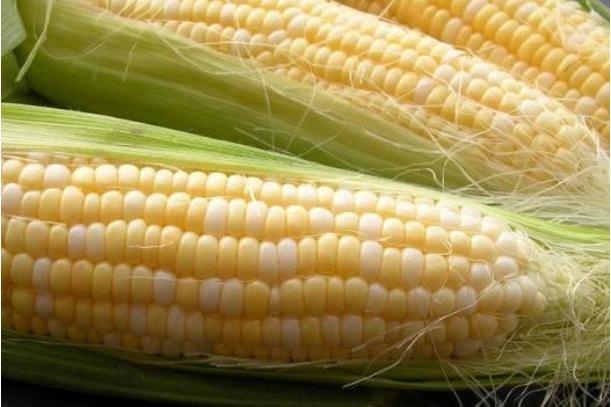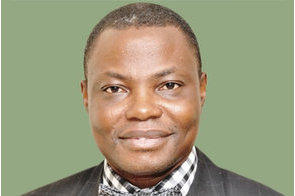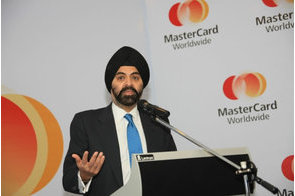IFAD launches agriculture network to bridge financing gap in rural areas

Summary
SAFIN will bring together private, public and philanthropic sectors to resolve rural financing challenges with coordinated investment.
The International Fund for Agricultural Development announced today the establishment of the Smallholder Agriculture Finance and Investment Network (SAFIN) to help bridge the estimated $150 billion financing gap that prevents small rural producers and businesses in developing countries from growing their operations and strengthening rural economies.
Kanayo F. Nwanze, outgoing President of IFAD, and Enrico Morando, Italy’s Deputy Minister of Economy and Finance, made the announcement at the end of a three-day international conference in Rome focused on finding new ways to finance rural development.
“It is not just more finance that is needed, but smarter and more targeted finance,” said Nwanze. “The result will not only improve the lives and livelihoods of rural people, it will truly be a greater global good – contributing to a world of greater prosperity, well-being and security.”
Poverty and lack of economic opportunities in rural areas result in migration to cities and beyond, contributing to global instability and food insecurity, IFAD said. But SAFIN will bring together private, public and philanthropic sectors, rural farmers and enterprises to resolve rural financing challenges with coordinated action and investment.
Three quarters of the world’s poorest people live in rural areas of developing countries, with the majority of them dependent on smallholder farming and associated industries for their livelihoods. According to IFAD, a lack of access to financial services prevents them from growing their businesses, earning decent incomes and developing their communities and economies
Often referred to as the “missing middle”, small- and medium-sized enterprises in rural areas are often considered too big to access micro-finance and too small to receive loans from commercial banks, who view smallholder farming and rural enterprises as risky investments.
“The setting up of SAFIN is an important step,” said Morando. “For the very first time, high level representatives of governments, international institutions, NGOs, civil society and private partners will work shoulder-to-shoulder to share good ideas and best practices to make finances and financial services available to smallholder farmers.”
Related
-
In Nigeria’s steady progress in agriculture, potential history is in the making
It’s so critical to develop a new agriculture investment plan that shows Nigeria is committed to ensuring agriculture ...
-
MasterCard hosts African youth summit to promote green revolution
MasterCard said young people are driving modernization of agriculture using innovative technologies and production systems.
-
Green Climate Fund approves $151 million for disbursement by AfDB
The approval comprises a $90.7 million grant and a $60.3 million loan.







